
MPH: To the man trying to fill Christian Horner's shoes: good luck!
Laurent Mekies arrives as Red Bull F1 team principal with a series of immediate challenges to solve and long-term issues to tackle. He'll either sink or swim, says Mark Hughes
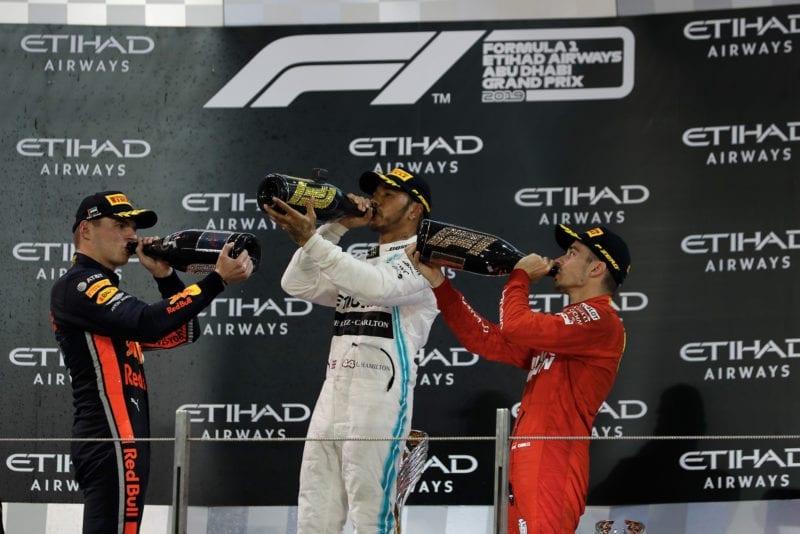
Motorsport Images
Content sponsored by F1 TV Access
The wait for Formula 1’s 70th season to begin may have been uncertain and frustrating, but the championship is now finally about to get underway.
Prepare yourself by getting the inside track on what are set to be the big talking points for this unique year. To see more and know more, sign up to F1 TV Access with 25 per cent off an annual subscription– it’s like pulling up a chair at the pit wall.
Subscribe now using code BACK25. This limited offer is valid on web orders until July 6th 2020.
The current generation of grand prix cars has been evolving for six years, and 2020 currently represents the zenith of that development. Performance is converging and the gaps between the cars has shortened dramatically. Mercedes has ruled the roost of this turbo-hybrid era, but that could change in 2020 with Ferrari, Red Bull – maybe even McLaren – ready to deprive the Silver Arrows of another clean sweep. Red Bull boss Christian Horner says “it could be a real classic season” and you can sense his hunger. “We’ve got continuity across all aspects with drivers, regulations and engine supply. So unless somebody pulls a rabbit out of a hat, we’re set for a really exciting year.”
Speaking earlier this year, Mercedes’ Toto Wolff sounded worried: “I see this as being a much tougher season. I don’t think we are going to see ten or 12 race wins [go to one team] anymore.” It could prove the closest championship battle since 2008 – the first time Lewis Hamilton took the title and the last time a McLaren driver earned the spoils.
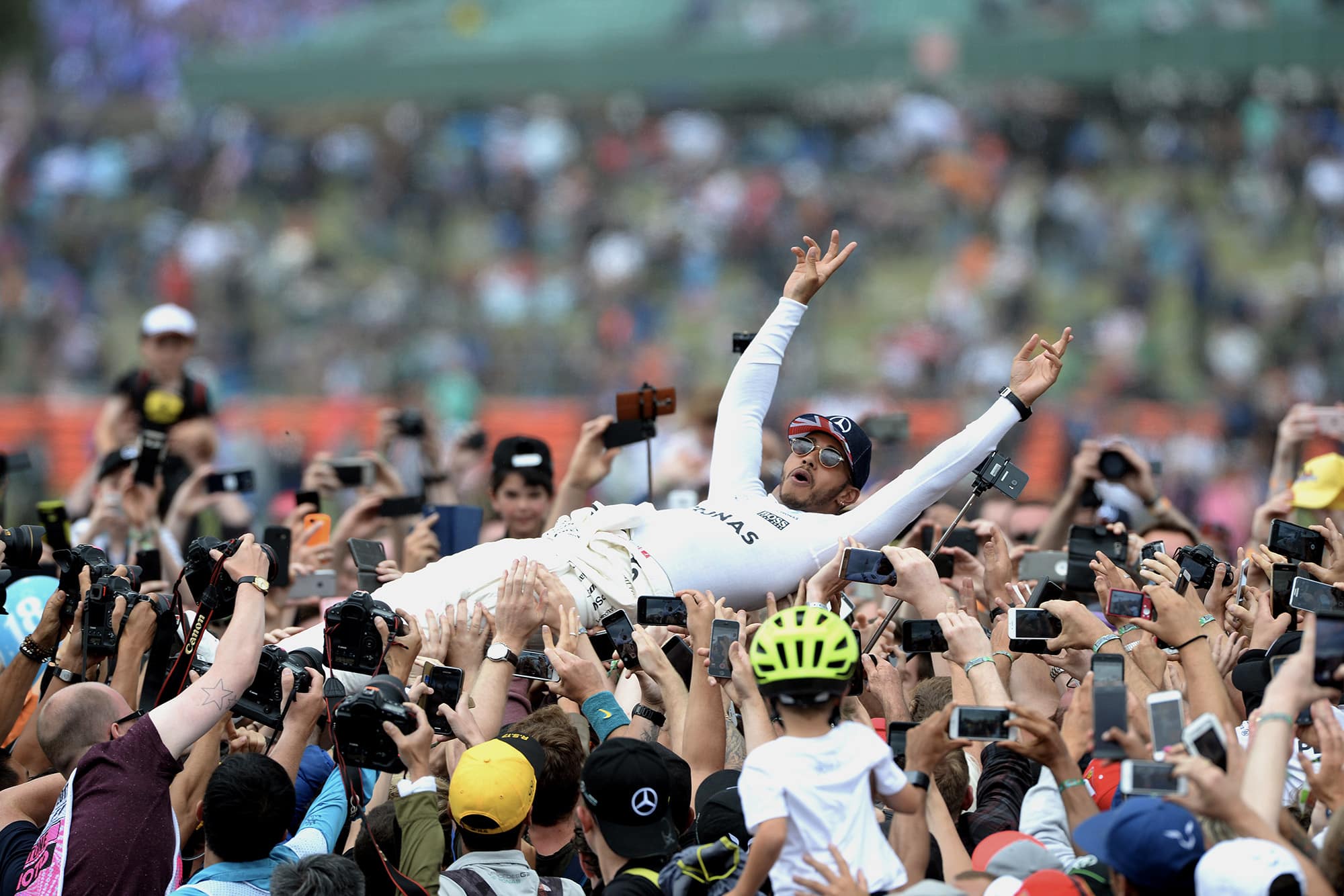
Of course, there’s no ignoring the HAM. The reigning champ has six titles to his name, and he’s got Michael Schumacher’s all-time record of seven in his sights. When Michael claimed his final crown, back in 2004, no one ever thought such domination would be possible again. Lewis is seven race wins away from equalling Schumi’s tally of 91 – a record Hamilton could well beat in 2020.
With a 33.6 per cent starts to wins ratio, the Englishman is by far the most reliable hitman on the current grid and seems destined to become the Greatest Of All Time. We are witnessing history. As Lewis posted on Instagram in December 2019: “I’m going to be a machine this year, on another level than ever before.”
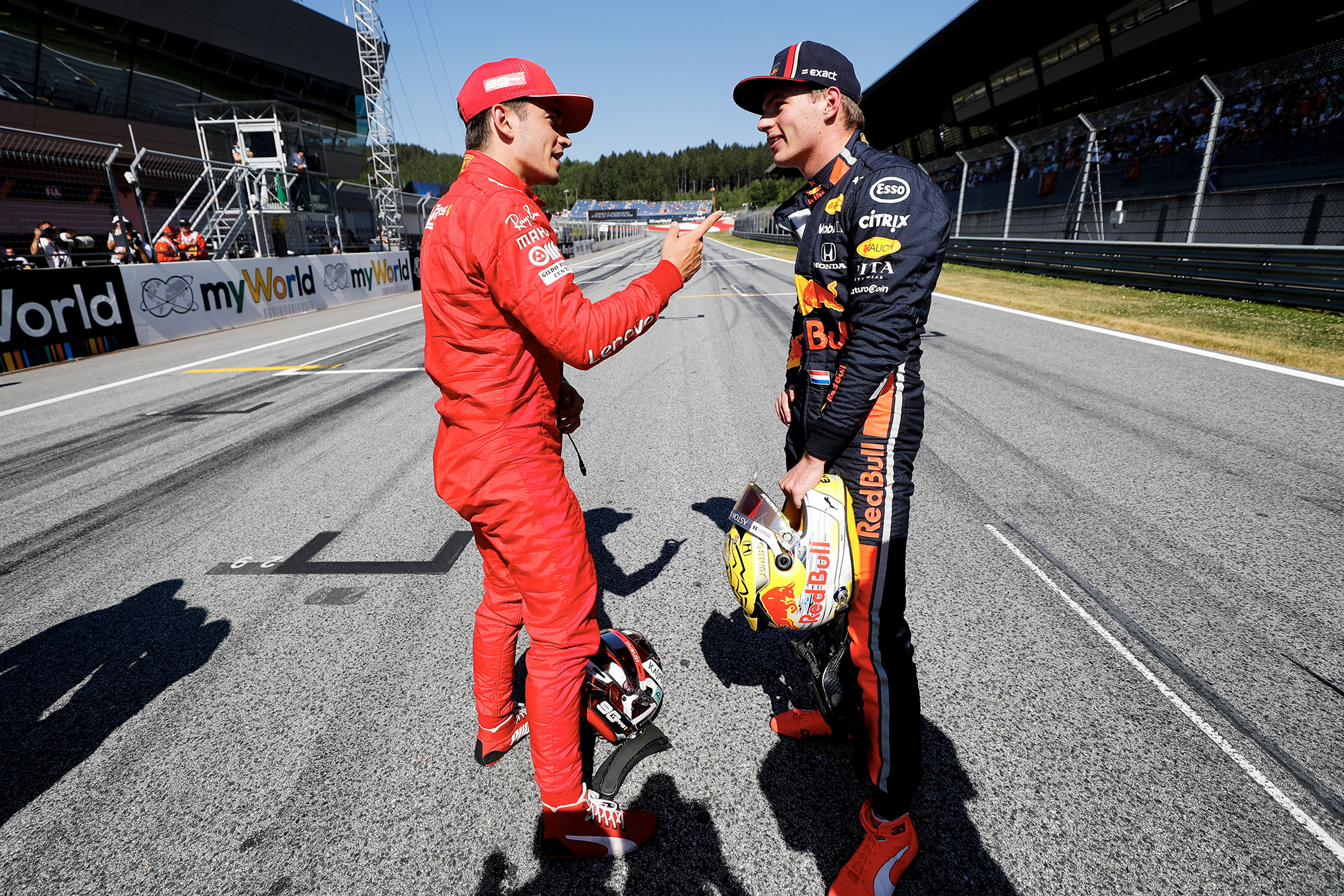
Hamilton may be the king, but Max Verstappen and Charles Leclerc are watching the throne. Last year, they proved themselves to be the hottest drivers of the new generation, Leclerc becoming Ferrari’s youngest ever winner with two victories and seven pole positions, while (increasingly less) Mad Max – who is the youngest Grand Prix winner outright – notched up three wins. Impressive, in only the first year of Honda’s technical partnership with Red Bull Racing. Should either man take Lewis’s crown this season, he’ll be the youngest champion in the sport’s history. Both are just 22.
2019 saw Vettel made some rather rookie-like errors for the veteran of 240 GPs, but if this season’s Ferrari is better-suited to his driving style he may rediscover the magic that won him four titles between 2010 and 2013, in his valedictory year for the team.
Then, of course, there’s Valtteri Bottas, Hamilton’s team-mate and the first guy Lewis needs to beat. Valtteri enjoyed his best season so far in 2019, scoring 326 points to Hamilton’s 413. He’s determined not to be the runner up again this year. We saw last year in Melbourne, Baku, Suzuka and Austin – and Sochi, where he surrendered the lead to Lewis – that on his day there’s no one better. He just needs to find consistency. “I need to find ways to be at my best more often,” he said, “and I’m sure I can improve.”
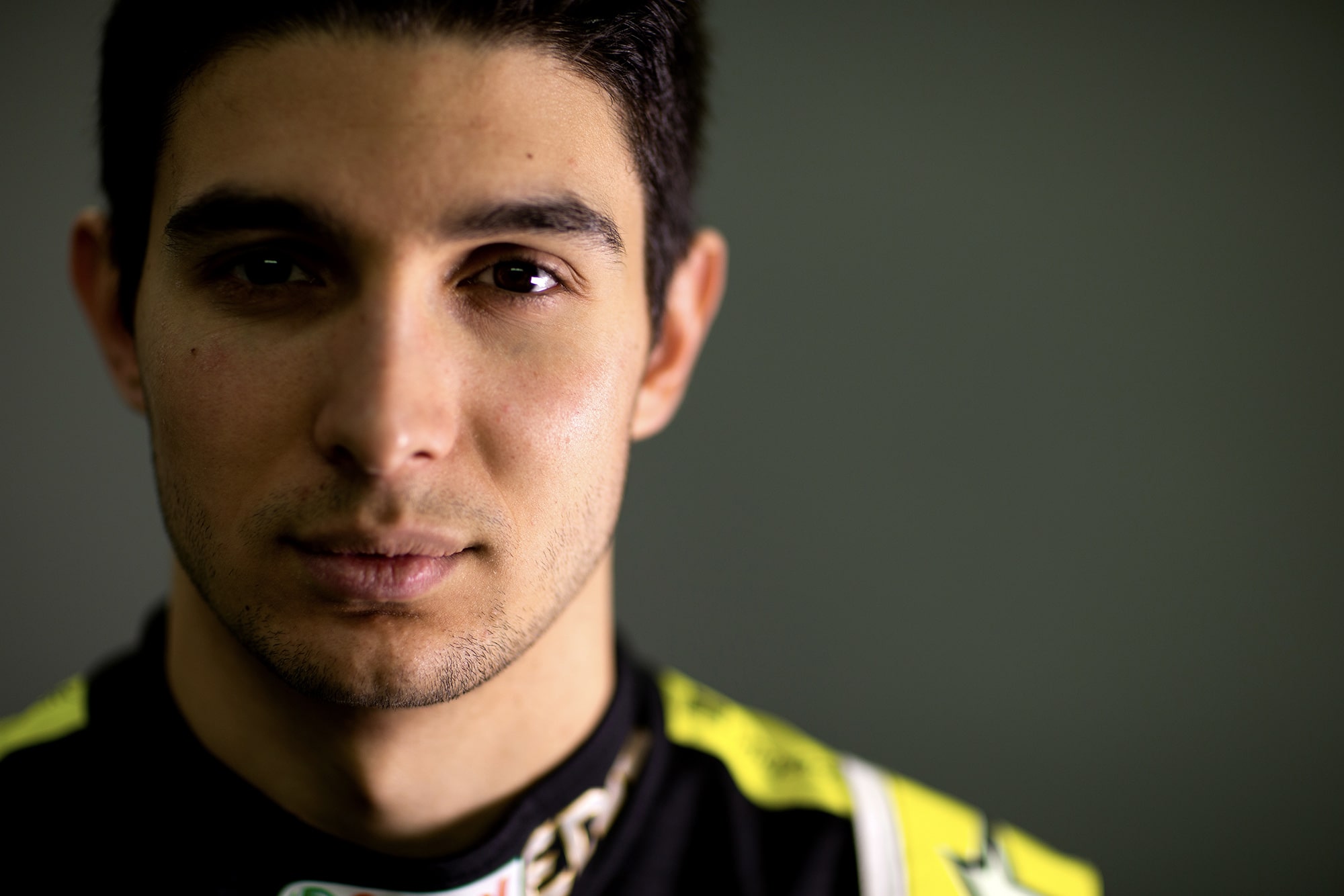
Bottas may find motivation in the form of Esteban Ocon. The 23-year-old Frenchman, who is managed by Toto Wolff, tested for Mercedes last year having impressed driving for Force India / Racing Point in 2017-18. He lost out on the musical chairs in 2019 but is now back where he belongs, on the grid and at the wheel of a Renault – albeit on a piece of elastic from the world champions.
That means if he goes well against the highly-rated Daniel Ricciardo in 2020, and Bottas struggles against Hamilton, he may find himself in that Mercedes seat for real. Renault were outclassed by McLaren last year but will be hoping for best-of-the-rest honours once again come March. The midfield should be pretty tight, with Racing Point, Alfa Romeo and the newly-named AlphaTauri (previously Toro Rosso) capable of barging through. American team Haas have what it takes too, and will be keen to break back into the top six after a lacklustre 2019. As for the once mighty Williams, things can only get better.
The prospect of increased competition is great news for F1 TV Access subscribers, who’ll get even more bang for their buck — at a 25% discount until July 6, 23:59 BST. For that, you can live stream every track session – including pre-season testing and support races – uninterrupted, watch exclusive pre and post-race shows, access all driver onboard cameras on-demand, keep an eye on the timing screens and telemetry, or relive classic races from the archive like the 1985 Dutch Grand Prix, at home or on the go.
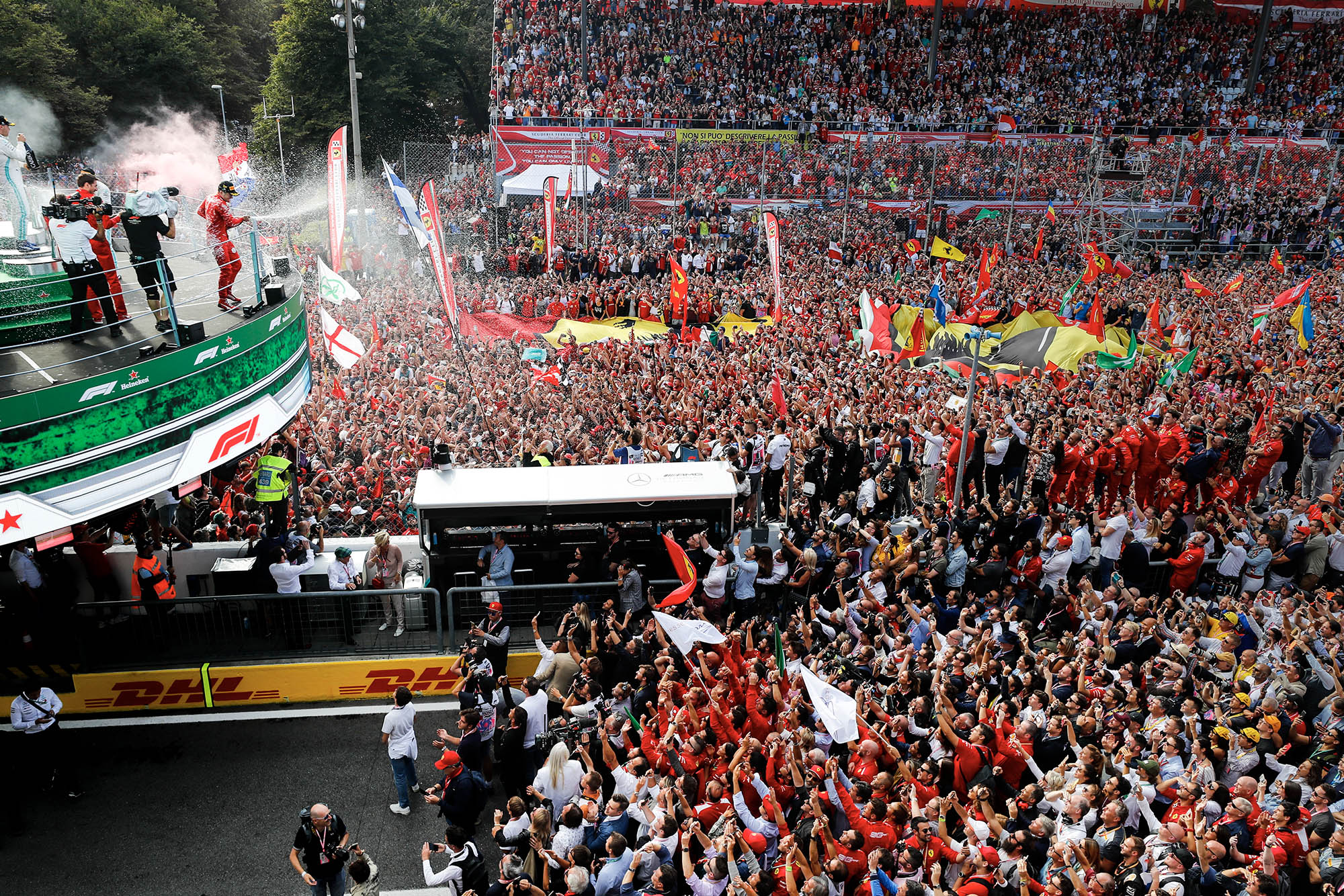
Mercedes AMG has dominated the last six years, winning both the Driver’s and Constructors’ titles each time. If they win the Constructors’ for a seventh consecutive time this year they will beat the record Ferrari set in 2004. And if they can power either Lewis or Valtteri to win the Drivers’ championship, they’ll be the first engine manufacturer to do it seven consecutive times since Ford-Cosworth’s glory days between 1968 and 1974.
Despite – or because of – its success, no team is under more pressure than Ferrari to add to its trophy cabinet. When Ferrari loses, or worse still when they crash into each other like Brazil 2019, the Italian media attacks. Yet there’s a renewed sense of optimism in Maranello, thanks in no small part to Charles Leclerc’s brilliant debut season with the team, and the calm command of former tech chief turned team principal Mattia Binotto. The team scored nine pole positions last year, indicating that half the time they had the fastest car. They’ll want to build on that in 2020 with better in-race decision making and by keeping their drivers on the straight and narrow.
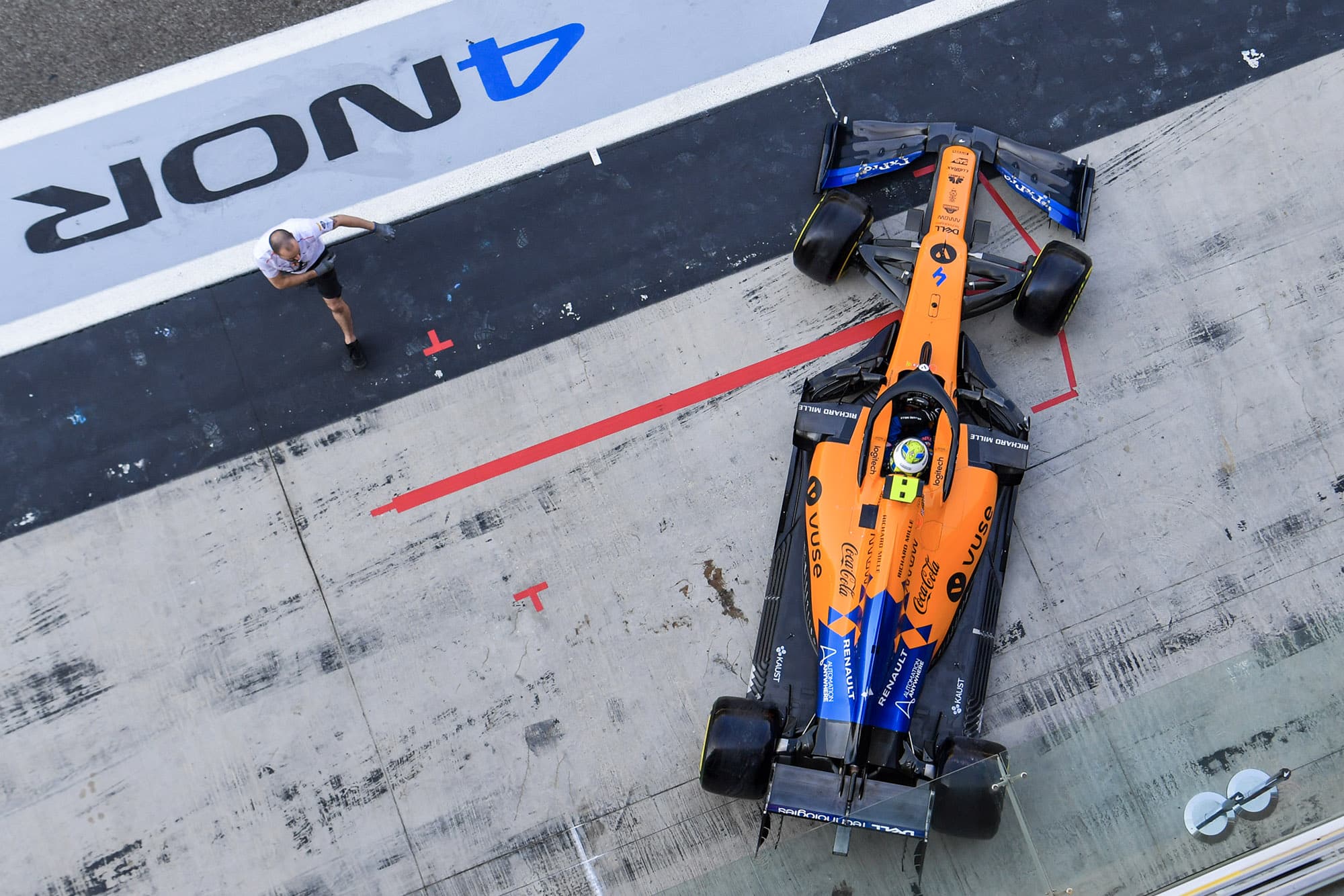
Due to the performance of the cars getting quicker and closer, qualifying will be even more exciting in 2020. Last year some of the most compelling moments came on Saturdays as the drivers tried to out-do each other by 1/1000th of a second. There is something magical about seeing man and machine come together without any distractions in pursuit of the perfect lap time. The format remains the same: Three sessions that whittle the grid down to a top ten shoot-out.
To see what the commentators see, subscribe to F1 TV Access and live stream all the timing screens, telemetry, tyre choices, track and onboard cameras and radio chatter, so you can digest every 1/1000th of a second as it happens.
The cars look pretty similar to last year’s. However, shark fins have returned which should improve aero and also allow improved driver number placement, so viewers have a better chance of seeing who’s who. Teams have had to roll up their sleeves when it comes to brake cooling, designing their own vents to cope with the 1800°F temperatures, rather than buying them in from suppliers. And metal is now banned from the wing endplates, to decrease the chance of punctures when drivers play bumper cars into corners.
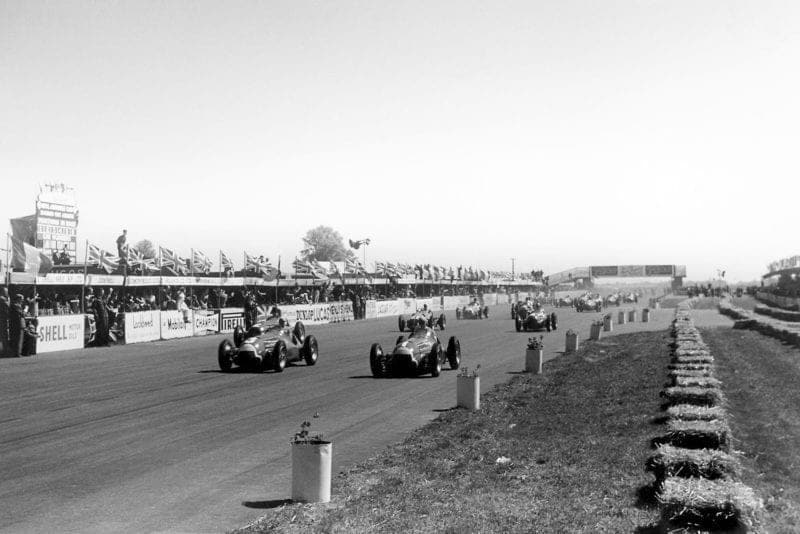
The first World Championship GP at Silverstone
Motorsport Images
2020 marks the 70th anniversary of Formula 1. In 1,018 world championship Grands Prix we’ve seen 108 different drivers and 35 different teams win races, and 15 teams and 33 drivers win world titles. It’s possible that a new name could be added to the list this year.
The first race was held on 13 May 1950, at Silverstone in the presence of Britain’s king and queen, and young princesses Elizabeth and Margaret. Silverstone remains very firmly on the calendar — hosting two races this year — and most of the teams are based in its orbit. And while some tracks have come and gone, and the calendar has expanded around the globe, F1 remains about talent, guts and innovation. It’s like the sporting arm of NASA: State-of-the-art boundary-pushing machines that make legends out of brave and clever humans, and for the rest of us mortals there’s vivid footage and staggering data that brings reality to what seems otherworldly.
With it, coverage has improved in step, and the F1 TV Access streaming service is the ultimate window into the world’s most technically advanced sports entertainment. With full-depth coverage more accessible than ever before, F1 TV Access promises to make 2020 a season to remember.

Laurent Mekies arrives as Red Bull F1 team principal with a series of immediate challenges to solve and long-term issues to tackle. He'll either sink or swim, says Mark Hughes

Former McLaren F1 team-mates Mika Häkkinen and David Coulthard are set to renew old rivalries in a new Evening with... tour – they told James Elson all about it
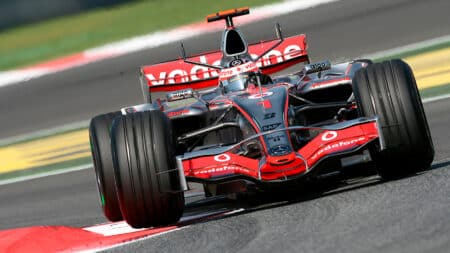
In Formula 1, driver contracts may look iron-clad on paper, but history shows that some of its biggest stars have made dramatic early exits
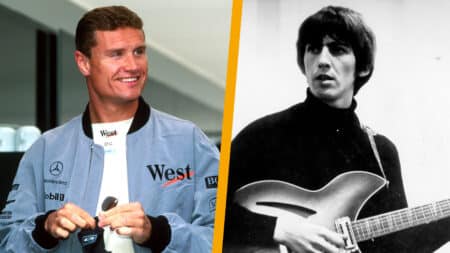
Former McLaren F1 ace told James Elson about his private audience with The Beatles' George Harrison, who played an unreleased grand prix-themed song